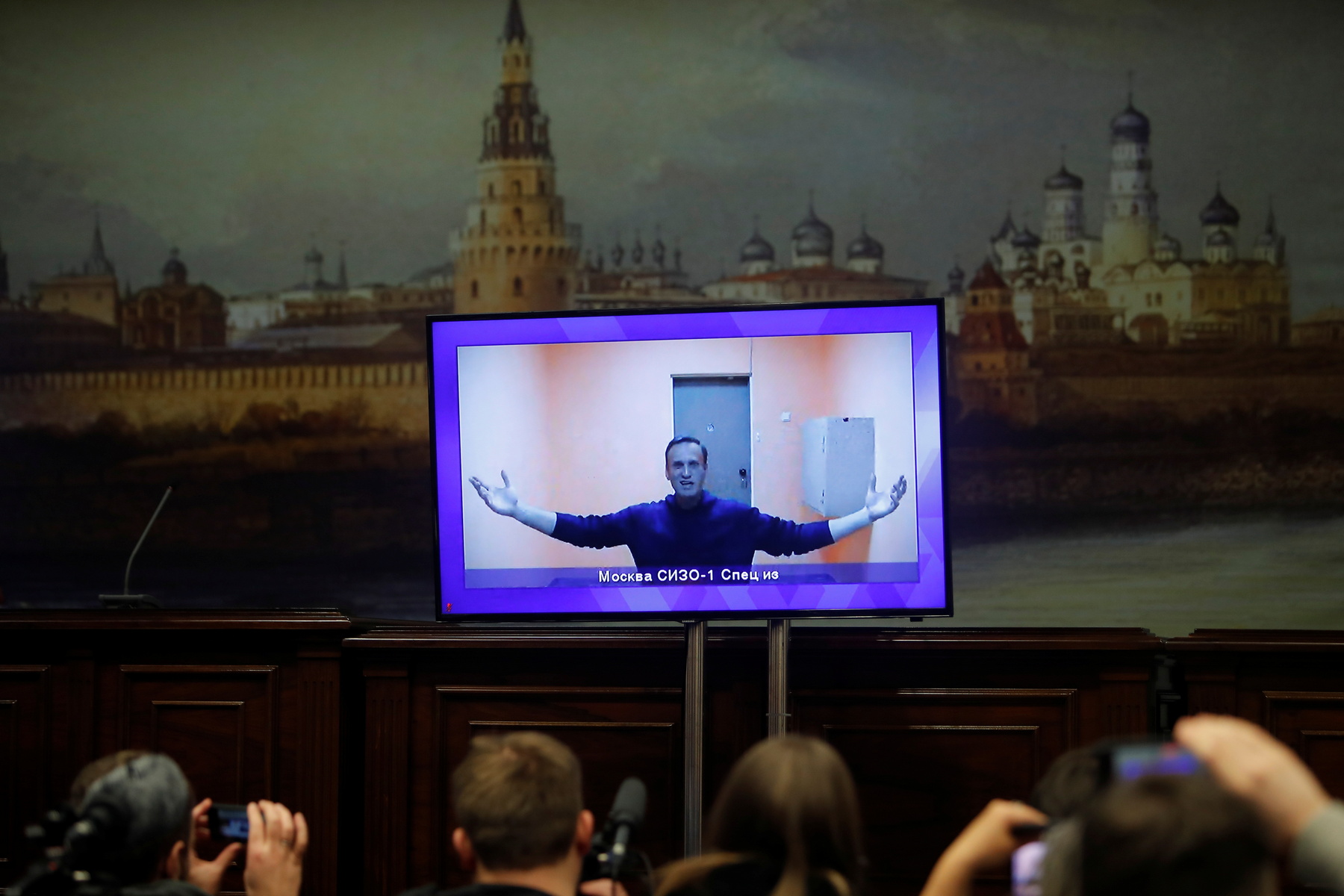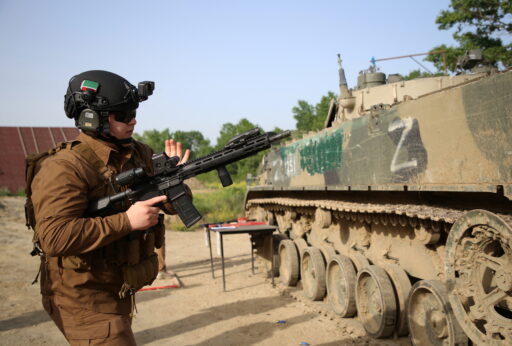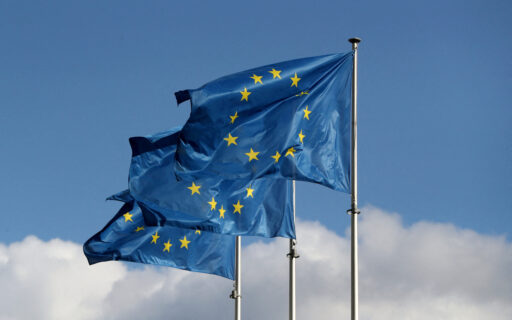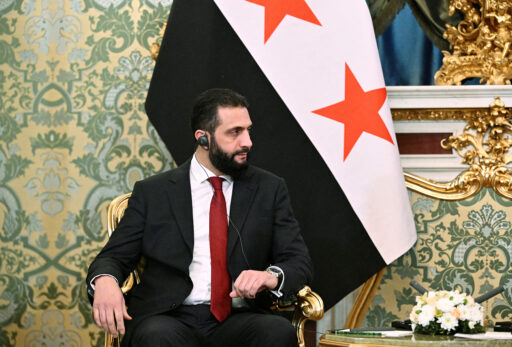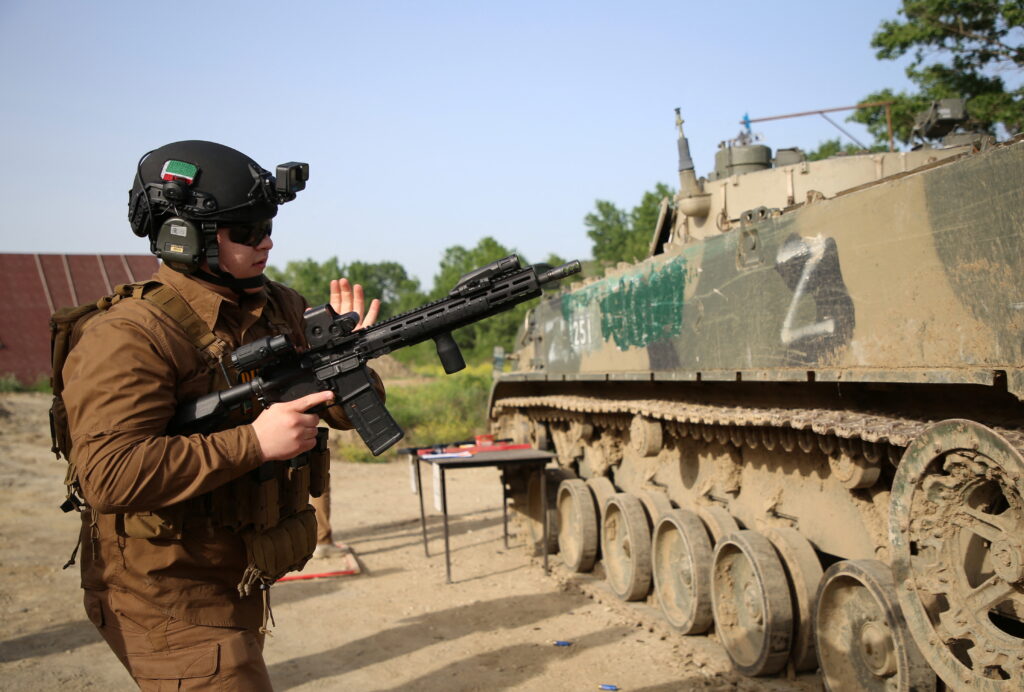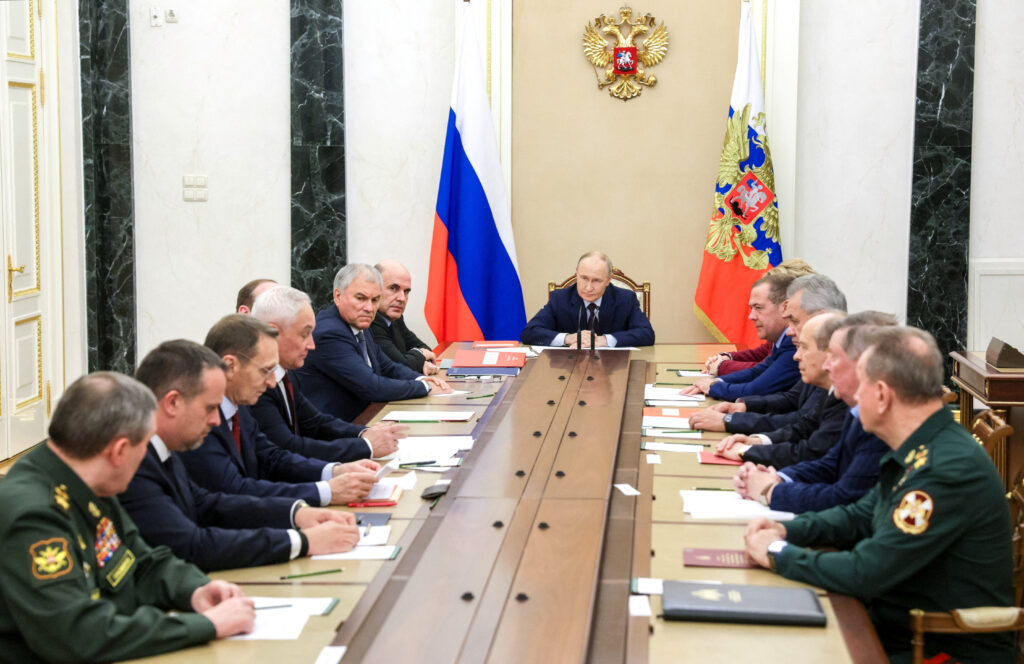The Levada center has recently published the results of a survey exploring the reaction of Russian citizens to the poisoning of Alexei Navalny, the country’s main opposition politician. The survey was conducted after the publication of the joint investigation by Bellingcat, CNN and The Insider that presented detailed evidence about FSB officers trailing Navalny over a period of a few years. The Levada survey revealed that only 15% of respondents viewed the poisoning as an attempt of the Russian state to murder a political opponent. 30% of respondents said the incident was “staged” and 19% said that foreign intelligence agencies arranged the poisoning.
For those familiar with the uncovered evidence associated with the Navalny poisoning investigation and those who listened to Navalny’s phone conversation with one of the officers responsible for the clean-up operation, these findings might be eyebrow-raising. Indeed, this was not the first time we encounter these sorts of public perceptions. In 2016, only 14% of Russian citizens (again according to the Levada center) found the WADA commission reported evidence on manipulation of doping tests by Russian athletes during the Sochi Olympics to be convincing.
These public opinion patterns do not come out of the blue. In fact, they highlight major differences in information processing and individual-level judgment conditioned by the affective politics the Kremlin has promoted since around 2012. This politics was born as a response to the 2011-2012 protests. The Pussy Riot affair marked the beginning of the Kremlin’s new turn towards traditional values and emotion-driven collective identity. One can plausibly suggest that the public opinion patterns revealed in relation to the Navalny poisoning show the lasting effect of this new political legitimation strategy that appeals to Russian citizens’ sense of belonging to the Russian state. When the top news events are framed with reference to national identity, people tend to form their judgments in the context of perceived external threats and rivalry. The resultant impulse is to defend and even glorify in-group members and group leaders. Such politics of making national identity salient can withstand, at times, even humiliating exposures of the state’s ‘dirty laundry.’
The Kremlin-designed identity politics — and its appeal to collective emotions and shared beliefs — is the main subject of my recent book, The Red Mirror: Putin’s Leadership and Russia’s Insecure Identity. Drawing on the analytical advances in the social psychology of leadership, I explored Putin’s leadership and his enduring popularity, putting the spotlight on the Kremlin’s reliance and emphasis on the Russians’ collective identity and patriotism. This messaging runs in parallel with the constant nurturing of the sense of resentment against the West, the Western-oriented liberal policies of the 1990s, and the United States, in particular.
The Kremlin has articulated the shared collective perspective and built social consensus in the country by tapping into powerful group emotions of shame and humiliation. These are drawn from the painful experience of the transition in the 1990s. This fateful decade became the ‘chosen trauma’ around which the Kremlin built its new policies. Besides this ‘chosen trauma,’ the regime also promoted a sense of glory. It turned the memory of the WWII into a sanctified and unquestionable sign of Russia’s strength and endurance. These frames, along with the shared pride for Russia’s perceived strength under Putin in the 2000s, became the crucial pillars of Vladimir Putin’s legitimation strategy. They have proved a potent tool, allowing the Russian leadership to harness group emotions.
This political strategy worked because it came in the backdrop of a very real social and symbolic breakdown associated with the collapse of the Soviet Union. All tenets of a Soviet citizen’s worldview were shattered. The social goals and purposes of this community had vanished. A sense of Soviet exceptionalism was replaced by the sense of belonging to a fragmented community, fractured along imperial lines drawn by force and manipulation; dragged into social and economic chaos and hardship by incompetent politicians; marginalized and snubbed geopolitically; etc. This context of a shattered community and negated collective identity opened the opportunity for a new leader to emerge with new (or newly recovered old) symbols. The role of leadership is particularly significant in the aftermath of social rupture, group disintegration, and the loss of existing group ties and identities that used to be taken for granted. In such context rebuilding the group, reinventing the group ties and reasserting the group purpose and place among other communities relies on political agency and political entrepreneurs who have to reinvent group identity and seek group recognition anew. Reinventing group ties and overturning humiliation into pride and patriotism turned the Russian second president into a ‘group savior.’
Articulating the ‘new psychology of leadership,’ S. Alexander Haslam, Stephen D. Reicher, and Michael J. Platow (2011) posit that effective leadership is a process that depends on social context. It is characterized by the specific type of relationships between the group members and the group leader. To be effective, the leader has to be seen as making sense of the group (articulating ‘we-ness’), promoting group’s status and significance (‘making us matter’), and promoting group interests (‘doing it for us’). Putin accomplished these tasks by politicizing the Russians’ national identity and by transferring the political cleavages away from the domestic political landscape and onto the international context. This was not a new strategy. Soviet collective identity had long relied on the sense of Soviet exceptionalism and a carefully cultivated image of the external enemy. These two frames (with the former reinvented as Russian exceptionalism and superiority) are central to the Kremlin’s media strategy. Both are delivered daily through newsrooms and political talk shows. The likes of Dmitry Kiselev, Olga Skabeeva and Vladimir Solovyev are among the top most-trusted journalists in Russia. They are, perhaps, the most effective bullhorns of the Kremlin propaganda. They produce daily programs in support of these frames, turning any piece of news into yet another evidence of the validity of their interpretative optics. At least for older Russians, these reclaimed frames are familiar and comforting.
Such persistent politics results in the formation of a specific type of “group think” that is not rational. The relationship between many Russian citizens and Putin is also not rationally based as it is not underpinned by the citizens’ individually-formed preferences. Although individuals might rationalize their support for Putin, in essence their views represent an expression of support for the socially-shared frames of meaning promoted by the Kremlin-controlled media. These equate Putin’s leadership with the recovered sense of being unified in a nation that matters; a nation that can stand up for its principles and interests and make a difference in the world. When it comes to Russian citizens’ personal selves (not as a collective), the trust and support for the country’s leadership quickly dissipates, as reflected most recently in the Russian citizens’ skeptical attitudes to the Sputnik-V vaccine.
While potent, this identity-driven politics is not universally supported in Russia. The reach of the Kremlin-controlled media and television, in particular, has been weakening. A major fault-line is across the generational lines. The surveyed reactions to the Navalny poisoning bear this out. Disbelievers in poisoning tend to be older Russians who watch TV and do not use internet. Those who took the news seriously are younger and tend to rely on social media more than TV. In Russia there are also reasons to expect that how far individual is likely to consider her/himself as a winner or a loser from the transition of the 1990s may be linked to her/his vulnerability to the Kremlin-style identity politics. So exploring such ‘groupthink’ processes at the national and sub-national level remains one of the critical directions in the research agenda of the Russian politics scholars. Especially if it reaches a point where people become unable to hear facts and react adequately to the public exposures of attempts at murdering prominent opposition leaders by state security services.
Indeed, these are not solely Russian issues. The destructive power of collective identity driven politics has just played out in the United State too. Unsettling images of an angry mob attacking the U.S. Capitol is the most recent reminder of the potency of identity politics, regardless of how well established democratic institutions may be. Finding appropriate political responses to resentment-driven leadership processes is thus as a key task confronting many societies around the world.
